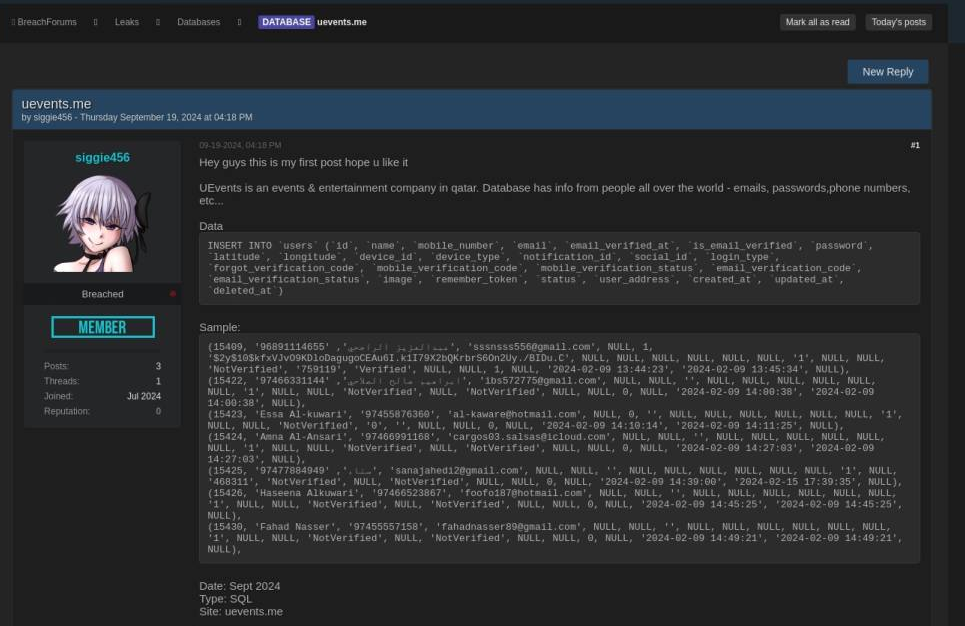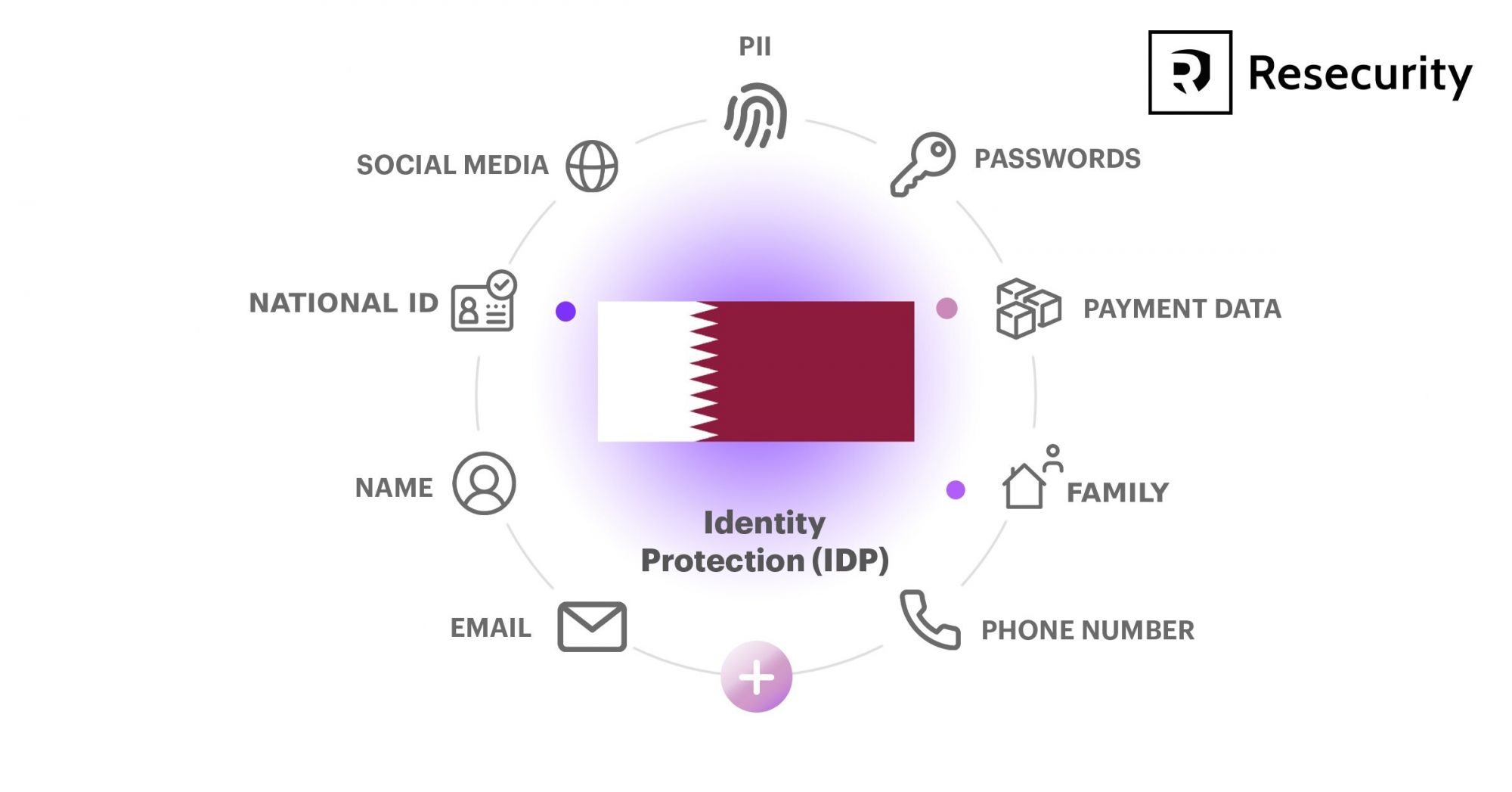

Intro
Qatar is recognized as a major financial and business hub within the Gulf Cooperation Council (GCC). This status is largely attributed to its strategic location, robust economic growth, and favorable investment climate.
The economy of Qatar ranks among the highest in the world based on GDP per capita, consistently placing it among the top ten richest countries globally. This wealth is primarily driven by the extraction and export of petroleum and natural gas, which have been pivotal since their discovery in the late 1930s. Qatar is actively investing in its digital economy,
aiming to transition towards a knowledge-based, digital-first economy.
The country has set ambitious goals to establish a leading digital
economy supported by an attractive business environment and high-yield
digital investments.
The Qatar Financial Centre (QFC) plays a crucial role in attracting foreign investment, providing a unique platform for businesses looking to operate in Qatar and the broader region. Recent data indicates a significant increase in business registrations, with a 230% rise in new firms registered on the QFC platform in the first half of 2024. This growth reflects Qatar's appeal as a stable and buoyant economy, making it an attractive destination for global businesses.
In summary, Qatar's combination of economic strength, strategic initiatives like the QFC, and excellent connectivity solidifies its reputation as a leading financial and business center in the GCC.
Regulatory Enforcement
Last week, on September 26, the QFC Data Protection Office (DPO) took enforcement action against one of the QFC-licensed organizations for infringements of the QFC Data Protection Regulations. This notable action may confirm the increasing oversight on the industry by the State of Qatar, which highlights the importance of compliance with local regulations. According to the announcement by the regulators, the QFC DPO imposed a reprimand and financial penalty in the sum of US$150,000 on the QFC-licensed firm (the “Firm”) for infringements of Article 8 (Principle 6), Article 9, Article 29(1)(B) and (D), and Article 31(1) of the QFC Data Protection Regulations (“the Regulations”).
In December 2022, a substantial data breach at the Firm led to the exposure of a considerable amount of personal data. The breach was caused by a threat actor gaining unauthorized access to the Firm’s systems due to inadequate security measures and a lack of sufficient monitoring and oversight.
The Firm failed to notify the DPO of the personal data breach within the required 72-hour timeframe after becoming aware of it. The Firm’s data processor was aware of the breach 13 days prior to notifying the Firm, resulting in a delayed Personal Data Breach Report by at least 10 days. The DPO notes that, where a data processor becomes aware of a personal data breach, it is obligated under Article 31(7) of the Regulations to notify the Data Controller "without undue delay." A delay in notification by the data processor does not absolve the Firm of its responsibilities under the Regulations. As the key decision-maker in processing activities, the Data Controller determines the purposes and means of processing, while the data processor acts on its behalf according to instructions. The data processor cannot be used as a means to evade compliance with the Regulations. Accordingly, the Firm was found to have contravened Article 31(1) of the Regulations.
Data Breach Reporting Requirements
Security of Processing and the Technical and Organisational Measures – Infringements of Articles 29(1)(B) and (D)
The DPO found that the Firm did not sufficiently meet its obligations to protect the confidentiality, integrity, availability and resilience of its processing systems and services, as required by Article 29(1)(B) of the Regulations. The Firm did not fully implement its established security measures and lacked adequate mechanisms for effective system monitoring. Additionally, the Firm lacked adequate system logs, as there was insufficient retention and recording of activities. This limitation, relating to the lack of system logs, affected the Firm's ability to detect and investigate potential security incidents. The Firm also did not conduct a comprehensive review of its information security and data protection practices to ensure that they are adequate and effective.
Integrity and Confidentiality of Processing – Infringements of Article 8 (Principle 6) and Article 9
The Firm failed to process personal data in a manner that ensured appropriate security, including protection against unauthorized or unlawful processing and against accidental loss, destruction, or damage, as required by Article 8 (Principle 6). Additionally, the Firm was unable to demonstrate compliance with these principles, infringing Article 9. The Firm’s lack of oversight mechanisms and failure to enforce its own security policies contributed to this failure.
The Firm received a formal reprimand for its failures, particularly regarding incident response procedures and the implementation of adequate security measures. The DPO required the Firm to revise its technical and organisational measures to prevent future breaches and ensure timely notification in the event of any incidents.
A financial penalty of USD 150,000 has been imposed on the Firm. This penalty demonstrates the seriousness of the Firm’s infringements and serves as a deterrent against similar lapses in the future.
In this instance, the DPO has elected not to issue a public censure against the Firm. This decision is based on the Firm’s prompt and full cooperation with the investigation, its acknowledgment and acceptance of the DPO's findings, and the substantive steps taken to strengthen its data protection measures. As a result, the DPO has determined that a public censure would not serve the public interest and would not serve any purpose beyond imposing further punishment.
The QFC Data Protection Office was established in 2021 under Article 32 of the QFC Data Protection Regulations by the Qatar Financial Centre Authority, in accordance with Article 6 of the QFC Law. The Data Protection Office's objectives, as outlined in Article 32(3), are to monitor, ensure, and enforce compliance with the Regulations; promote best practices among Data Controllers and Data Processors; and enhance public awareness and understanding of data protection within the QFC. The Data Protection Office has broad powers under Article 33, including investigative, corrective, and advisory functions, which include issuing orders, reprimands, and financial penalties.
Data Protection Compliance Requirements in Qatar
Qatar has established a comprehensive legal framework for data protection, primarily governed by Law No. (13) concerning Personal Data Protection. This law outlines the requirements for organizations handling personal data and aims to safeguard individuals' privacy rights.
Key Provisions of the Data Protection Law
1. Consent Requirement: Organizations must obtain explicit consent from individuals before collecting or processing their personal data. This consent is a fundamental principle, although there are exceptions where processing may be necessary for legal obligations or vital interests.
2. Data Subject Rights: The law grants individuals several rights regarding their personal data, including the right to access, rectify, and delete their information. Organizations are required to inform data subjects about their rights and how to exercise them.
3. Data Protection Impact Assessments (DPIA): Organizations are encouraged to conduct DPIAs to evaluate the risks associated with data processing activities. This proactive measure helps identify potential impacts on data subjects' privacy.
4. Data Security Measures: Organizations must implement appropriate technical and organizational measures to protect personal data from unauthorized access, loss, or damage. This includes conducting regular audits to ensure compliance with data protection requirements.
5. Penalties for Non-Compliance: Failure to comply with the Data Protection Law can result in significant financial penalties. Organizations may face fines that vary based on the severity of the violation, emphasizing the importance of adherence to the law.
6. Regulatory Oversight: The law establishes a regulatory framework that includes oversight by relevant authorities to ensure compliance and address any breaches of data protection regulations.
Additional Regulations in Specific Sectors
In addition to the general data protection law, specific sectors such as the Qatar Financial Centre (QFC) have their own regulations. The QFC operates under Law No. (7) and has its own set of data protection rules that align with the broader national framework while addressing sector-specific needs.
Qatar's data protection compliance requirements are designed to protect personal data and uphold individuals' privacy rights. Organizations operating in Qatar must be aware of these regulations and implement necessary measures to ensure compliance, thereby avoiding penalties and fostering trust with their clients and stakeholders.
Growing Dark Web Activity
The dark web remains a significant concern for cybersecurity in Qatar. Monitoring efforts have been initiated to track illicit activities, including the sale of stolen data and potential threats to critical infrastructure. The presence of threat actors, including those linked to international groups, poses ongoing risks, as seen in attempts to disrupt major events like the FIFA World Cup.
Cybercrime in Qatar has become a growing concern, particularly with the rise of data breaches and activities on the dark web. This is largely due to rapid digitization and an extremely developed financial sector attracting cybercriminals. Recent incidents highlight the challenges faced by both private and public sectors in the country. Besides targeting enterprises, one of the main negative side effects of malicious Dark Web activity is the compromise of consumers' digital identities, which may impact PII (Personally Identifiable Information) and privacy.
Cybercriminals are attacking online services and consumer-oriented platforms because they can monetize access to them on the Dark Web more effectively. Such incidents can affect a large number of consumers at once by leaking sensitive information that may be used for fraudulent purposes.

The Dark Web ecosystem has multiple underground actors and cybercriminal groups monetizing stolen digital identity information of Qatari citizens. Such information can be used for fraud and identity theft. An example of stolen digital identity information uploaded to a public file-sharing service is as follows:

One significant incident occurred in March 2024 when Qatar Living, a major social networking platform, suffered a massive data breach. A hacker leaked its database on a dark web forum, exposing sensitive user information . This incident underscores the risks associated with online platforms and the potential for personal data to be compromised. Additionally, there have been reports of hackers selling data stolen from Qatar National Bank and other financial institutions on the dark web. This trend indicates a broader issue of financial data security in the region, with banks being prime targets for cybercriminals.
In response to these threats, Qatar's National Cyber Security Agency (NCSA) has been proactive in enhancing the country's cybersecurity posture. They have conducted national cyber drills aimed at testing the security measures of approximately 170 key organizations . These initiatives are crucial for preparing against potential cyber threats and ensuring the integrity of sensitive data.
Cybercrime in Qatar, particularly involving data leaks and dark web activities, highlights the urgent need for robust cybersecurity measures. As incidents continue to emerge, both public and private sectors must remain vigilant and proactive in safeguarding sensitive information against cyber threats.
This year, Resecurity has pioneered the first service available in Qatar that enables businesses and consumers to leverage Digital Identity Protection to mitigate data breaches and cybersecurity incidents.

The grand launch of Resecurity's IDP solution follows a strategic partnership with Mannai Corporation (Qatar) and coincides with the increasing focus on cybersecurity across the Middle East, as Qatar strengthens its digital infrastructure to meet the demands of a rapidly evolving global digital landscape. With cyber threats on the rise, including account takeovers, fraudulent activities, and data breaches, Resecurity's IDP solution delivers state-of-the-art technology to protect both consumers and businesses. To help businesses in Qatar stay compliant, we also provide a broad portfolio of compliance advisory services. Contact our team via email at contact@resecurity.com to request more information.
Significance
Qatar's data protection compliance requirements are designed to protect personal data and uphold individuals' privacy rights. Organizations operating in Qatar must be aware of these regulations and implement necessary measures to ensure compliance, thereby avoiding penalties and fostering trust with their clients and stakeholders. Qatar has implemented a robust cybersecurity and data protection oversight framework; therefore, it is critical to comply with national legislation and industry standards to avoid regulatory penalties. Recent regulatory enforcement actions highlight the proactive approach taken by the government; therefore, enterprises must increase their focus on national cybersecurity regulations to remain compliant.

